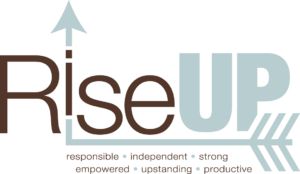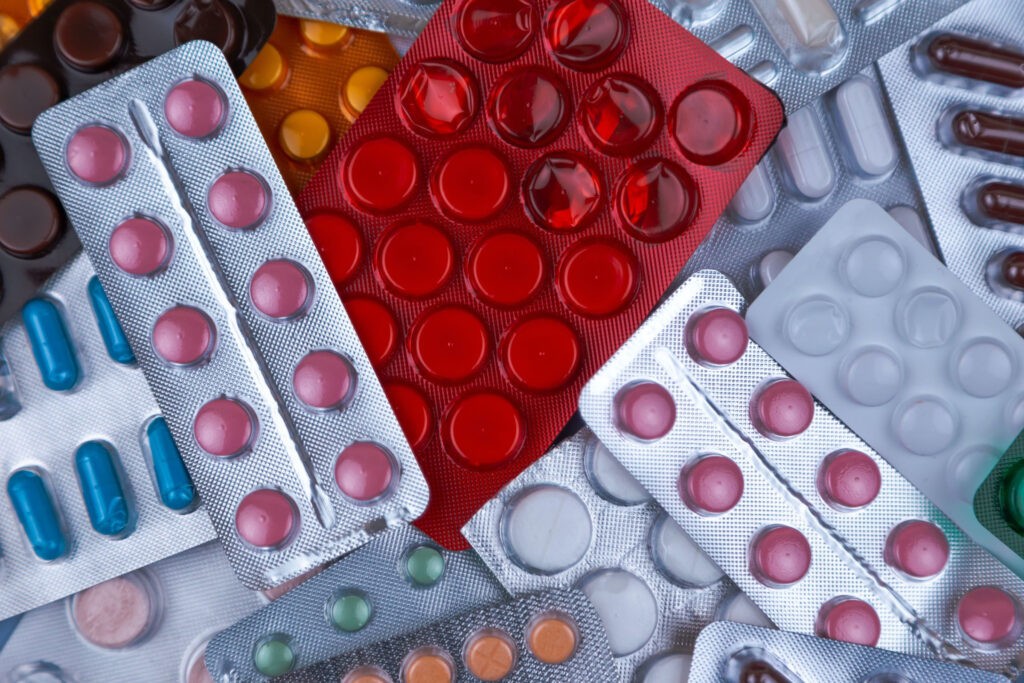(The following recap highlights a teen workshop presented by Kimberly W. Cohen of New Season addiction and recovery center. She has worked with families since 2001, addressing issues such as teen addiction, trauma, suicide, loss of family, and foster care placement. She is also the mother of five children and five grandchildren.)
What Does Addiction Mean?
• Addiction is a habit, dependency, compulsion, fixation, enslavement. This chronic brain disease can be addressed with treatment that works.
• People can become addicted to many types of things, including drugs, alcohol, food, sex, and shopping.
• For many people, addiction becomes a way of life, and unfortunately, it can begin to define who they are as human beings.
How Does This Happen?
• Sometimes people become addicted to medications that help them deal with pain following a major accident or illness. It’s very important to take medicines as directed by your physician and not to add on additional drugs or medications prescribed for someone else.
• It’s caused not by one single thing but, rather, by a combination of risk factors that increase a person’s chances of addiction or substance use disorder.
• Although having a family member who has dealt with addiction is a proven biological risk factor, genetics alone doesn’t result in addiction.
• The more environmental risk factors a person is exposed to during childhood, the higher the chance of substance abuse and developing an addiction later on. Environmental risk factors include:
– Chaotic or unstable home life
– Lack of parental or caregiver supervision
– Physical or sexual abuse
– Access to drugs
– Peers who use substances or engage in risky behaviors, such as shoplifting
– Poor academic performance
– Low socioeconomic status
• Drug use can lead to addiction at any age, but the earlier it begins in a person’s life, the more likely it will progress to addiction. Critical child development stages (such as when they start school, when they transition from elementary to middle school, when they begin high school, and when they leave home for college or the workforce) are major risk periods for drug abuse. Children are especially vulnerable during adolescence, when the parts of the brain that control self-control, decision-making, and judgment are not yet fully developed.
Ever Heard of a Gateway Drug?
• A gateway drug is any habit-forming drug that can lead to the use of addictive drugs. Here are the most common examples:
– Nicotine, while socially acceptable, is still a dangerous drug. An individual who begins smoking cigarettes, vaping, or using e-cigarettes gets accustomed to the experience of using a drug to feel better.
– Marijuana is known for being an herbal, non-addictive drug, but while some individuals may get away with using the various forms of cannabis without becoming a drug addict, many don’t.
– Caffeine is the most widely consumed addictive drug. Although it has a milder effect, caffeine stimulates the central nervous system in the same way that amphetamines, cocaine and heroin do.
– Alcohol is consumed worldwide in large amounts, with wine, beer, and various liquors among the most popular beverages. Underage drinkers account for 11.4 percent of all alcohol consumed in the United States, where the average age when children try their first drink is 11 years old for boys and 13 years old for girls.
Could Addiction Happen to You?
• Becoming addicted is very easy to do and hard to stop. The greatest evidence of addiction lies in your own voice: You lie to your bosses, your friends, and your family members, and most of all to yourself.
• How can you stop? Simply by setting boundaries and finding out what triggers you.
Are Addicts Doomed?
• Addiction is not a sign of failure or a lack of willpower. It is not a moral failing or weakness. People struggling with this disease are not bad; they are just very sick. And unless they get professional help, they do bad things to maintain their drug habit.
• Addicted persons have a love-hate relationship with themselves and their drug of choice. They love the way they feel when high, but they hate the things they do to achieve this feeling. Thus, they judge themselves harshly and experience high levels of shame.
• Addiction is a disease that is progressive in nature. In manifests in compulsive substance use, despite harmful consequences. Left untreated, addiction leads to jails, institutions, and death. But with treatment, addicts can begin the lifelong process of recovery. Support a friend who might be in trouble. If you need it, ask for help. Reach out to a trusted family member or friends or physician.
New Season is a leading provider of specialized quality care for Opioid Use Disorder (OUD). Located in Fort Oglethorpe, Georgia, it and has been operating since 1986. The staff support the education and understanding of opioid addiction as a disease, so that communities will support those affected to seek the help they need.



